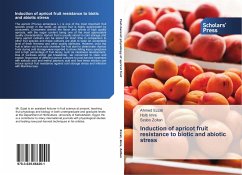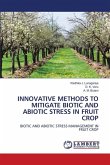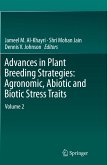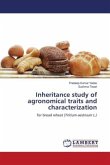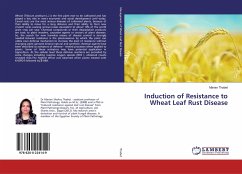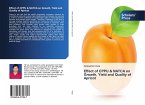The apricot (Prunus armeniaca L.) is one of the most important fruit species grown in the world, as apricot fruit is highly appreciated by consumers. Consumers cherish the flavor and aroma of high quality apricots, with the sugar content being one of the most appreciable quality characteristics. Apricot fruit is usually stored in cold storage and many apricot cultivars can be stored for short time in comparison to other fruit species and these cultivars are able to keep an acceptable level of fresh firmness and other quality attributes. However, once the fruit is taken out from cold chamber the fruit start to deteriorate. Apricot fruits during cold storage were reported to show chilling injury symptoms and a high percentage of fruit decay, such as mealiness development, loss of juiciness and/or gel breakdown. we concerned to clear and explain responses of different apricot cultivars to post-harvest treatment with salicylic acid and methyl jasmonic acid and how these elicitors caninduce apricot fruit resistance against cold storage stress and infection with Monilinia laxa.
Bitte wählen Sie Ihr Anliegen aus.
Rechnungen
Retourenschein anfordern
Bestellstatus
Storno

